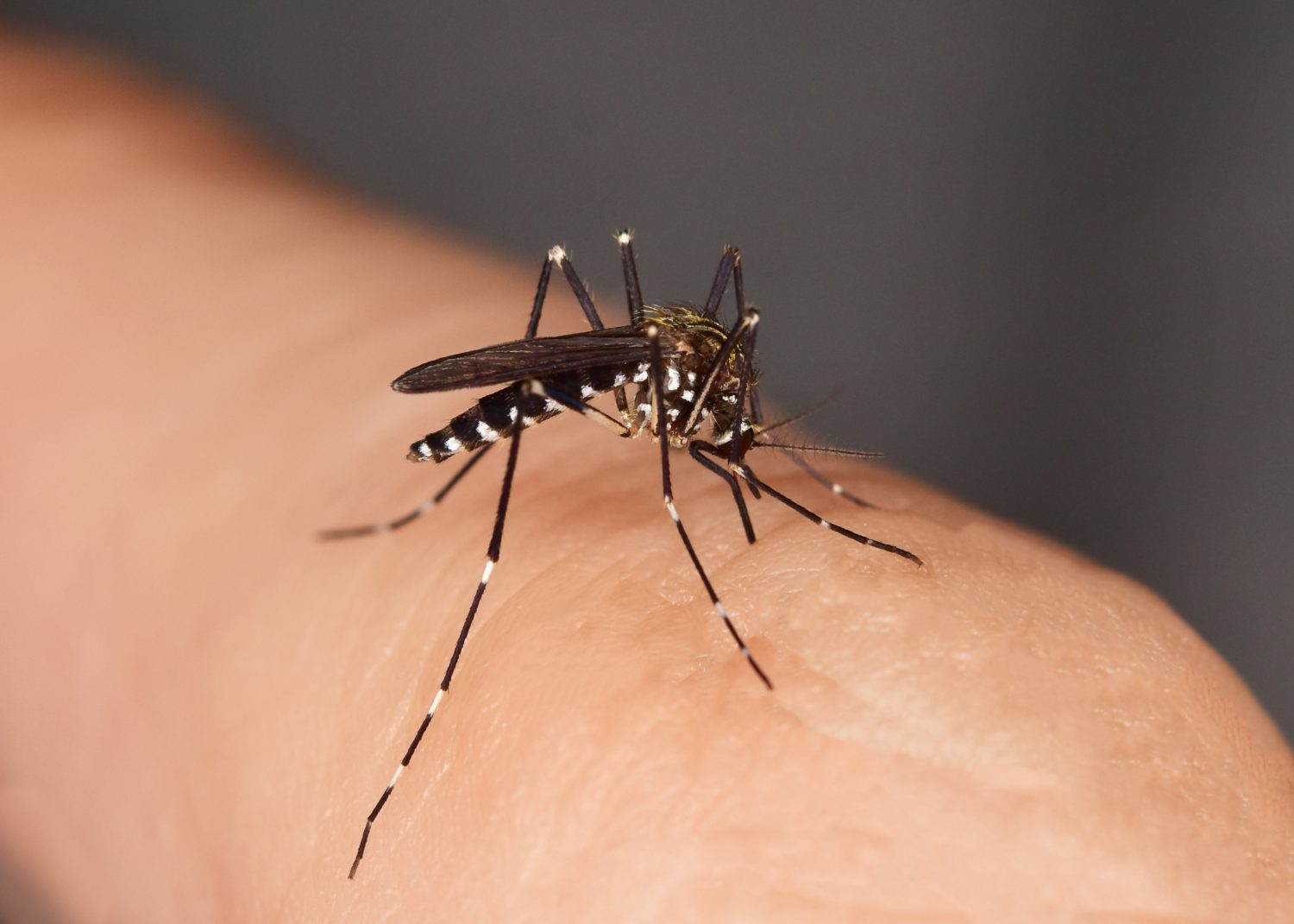A donkey was submitted to the Connecticut Veterinary Medical Diagnostic Laboratory (CVMDL) located within UConn’s College of Agriculture, Health and Natural Resources. The animal was submitted for rabies, West Nile virus, and Eastern Equine Encephalitis Virus (EEEV) testing. EEEV was detected by means of RT-qPCR and results communicated to the Office of Rhode Island State Veterinarian, the submitting state. The finding was later confirmed by the USDA-National Veterinary Service Laboratory in Ames, Iowa. The Department of Environmental Management in the State of Rhode Island announced the finding in a recent press release.
EEEV causes a rare but severe disease in equids – animals in the horse family – and humans. In its natural cycle, EEEV circulates between birds and mosquitoes. EEEV is classified as a select agent in the US due to the potential to pose a severe threat to animal and human public health.
Data collected by The Connecticut Agricultural Experiment Station (CAES) in 2023 suggests an increased number of mosquitoes carrying EEEV. CAES is responsible for trapping, identifying, and testing mosquitoes for encephalitis viruses conducting a statewide surveillance program annually. Thus far in 2023, EEEV has been detected in three different species of mosquitoes (Culiseta melanura, Coquillettidia perturbans, and Psorophora ferox). There have been a total of nine detections of the virus in mosquitoes and is the highest reported since 2019.
Connecticut’s Department of Public Health issued a press release with guidance for residents on how to protect themselves and their animals from EEEV and West Nile. To reduce risk, it is recommended that residents:
- Minimize time spent outdoors between dusk and dawn when mosquitoes are most active.
- Consider the use of mosquito repellents containing an EPA-registered active ingredient, including DEET, Picaridin, IR3535, oil of lemon eucalyptus, para-methane-diol (PMD), or 2-undecanone when it is necessary to be outdoors.
- Wear shoes, socks, long pants, and a long-sleeved shirt when outdoors for long periods of time, or when mosquitoes are more active. Clothing should be light-colored and loose-fitting and made of tightly woven materials that keep mosquitoes away from the skin.
- Be sure door and window screens are tight-fitting and in good repair.
- Use mosquito netting when sleeping outdoors or in an unscreened structure and to protect infants when outdoors.
Residents are also encourage to review resources created by UConn Extension on effective horse management and mosquito borne diseases.
The CVMDL is part of the Department of Pathobiology and Veterinary Science in the College for Agriculture, Health and Natural Resources (CAHNR). It is one of the most active service centers at the University of Connecticut supporting surveillance of potentially harmful human and animal diseases. The CVMDL is an AAVLD- (American Association of Veterinary Laboratory Diagnosticians) accredited laboratory and a member of the National Animal Health Laboratory Network (NAHLN).
Follow UConn CAHNR on social media



